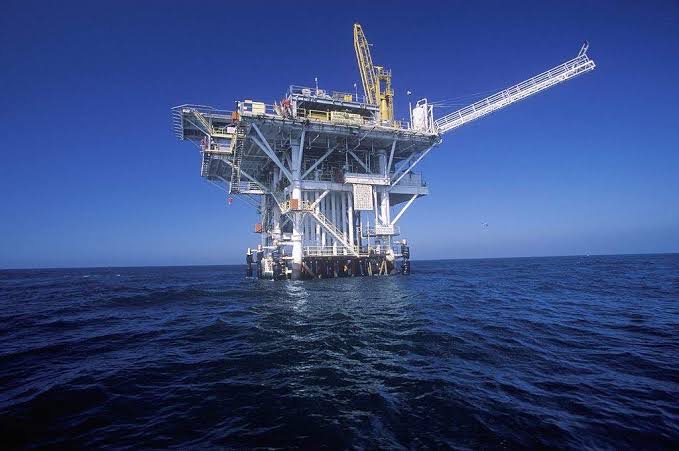Africa’s dynamic exploration, production activities, and competitive 2024 licensing rounds position it as the next global energy frontier, poised to become a key hub for hydrocarbon development.
Licensing rounds from Africa’s leading upstream players will be on display at this year’s African Energy Week (AEW): Invest in African Energy 2024, scheduled for November 4–8 in Cape Town. Investors will be able to access exclusive information and technical presentations from the relevant petroleum ministries and regulators on both current and planned licensing rounds as the continent seeks to attract a broader range of companies to sign new contracts and drive exploratory drilling.
As part of the country’s plan to boost oil production to two million barrels per day within the next three to five years, Libya’s parastatal National Oil Corporation has announced plans for an oil and gas licensing round in 2024 or early 2025. The licensing round will focus on fields in the Sirte, Murzuq, and Ghadames basins and presents a vital opportunity for Libya to attract new upstream investments.
Meanwhile, Algeria is expected to launch a licensing round offering between 10 and 12 onshore blocks in late 2024. The bid round forms part of the country’s strategy to maximize its gas and LNG potential. Additionally, in September 2023, the Egyptian General Petroleum Corporation and the South Valley Petroleum Holding Company launched a new licensing round aimed at boosting the country’s energy reserves and production capacity. The licensing round offers 23 onshore and offshore blocks for oil and gas exploration in the Western Desert, Eastern Desert, Gulf of Suez, and Red Sea.
With energy super majors BP, TotalEnergies, and Shell, as well as upstream independent Kosmos Energy spearheading exploration activities in Mauritania, the country’s upcoming licensing round for 15 offshore blocks in 2024 is poised to mark a significant milestone in its energy sector. Mauritania’s coastal basin features extensive 2D and 3D seismic data coverage covering over 100,000 km2 and 100,000 km2, respectively.
Additionally, with its latest licensing round featuring 56 offshore blocks and concluding last September, another bid round is on the horizon for Sierra Leone in 2024. Despite its position as a frontier exploration market, Sierra Leone boasts a significant petroleum system that includes the Venus-B1, Mercury-1, Jupiter-1, and Savannah-1X discoveries. The country’s licensing round is supported by extensive 2D and 3D multi-client data, competitive and transparent fiscal terms, and cooperation agreements in place with other African markets.
Set to spur new exploration and drilling activities in the prospective acreages of its deepwater basins, Nigeria’s Upstream Petroleum Regulatory Commission relaunched its latest licensing round during the Invest in African Energy summit in May. The round features 12 deep offshore and shallow water oil blocks and is available for bidding through January 2025.
Last September, Angola’s national concessionaire, the National Oil, Gas, and Biofuels Agency, launched a public tender for 12 onshore blocks in the Kwanza and Congo Basins. Receiving 53 bids, the tender includes four blocks in Angola’s Congo Basin and eight in the Kwanza Basin.
Expected for 2024 or 2025, the South African government will put up at least 10 new onshore blocks for shale gas development in the country’s Karoo region to reduce imports and alleviate an ailing energy grid. The licensing round will serve as the country’s first competitive auction for oil and gas resources. According to the state-owned Petroleum Agency of South Africa, the Karoo basin is estimated to hold up to 209 trillion cubic feet of recoverable shale gas and includes 90,000 km2 of acreage previously held by Shell.
Tanzania has proposed auctioning up to 26 oil and gas blocks by June 2024 and will award licenses to the winners by December of the same year. The round will serve as Tanzania’s fifth bid round and is designed to revive interest in the country’s largely underdeveloped oil and gas sector. Of the 26 demarcated blocks open for bidding, 11 will be situated in the country’s offshore, while 15 will be onshore. The Tanzanian government is currently in talks with a multi-client data contractor to compile extensive 2D and 3D seismic data within the basins.
Meanwhile, having introduced a new Hydrocarbons Code in 2019, Gabon has emerged as a preferred destination for energy investors and majors due to investor-friendly reforms. Gabon’s heightened interest is attributable to the deregulation of its hydrocarbons sector, which is a core aim of its recently enacted reforms.
At the AEW: Invest in African Energy conference, industry experts will explore block opportunities in Africa’s mature and emerging oil and gas markets. The event will feature country spotlight sessions, panel discussions, and investor briefings to facilitate deal-signing and project development.

